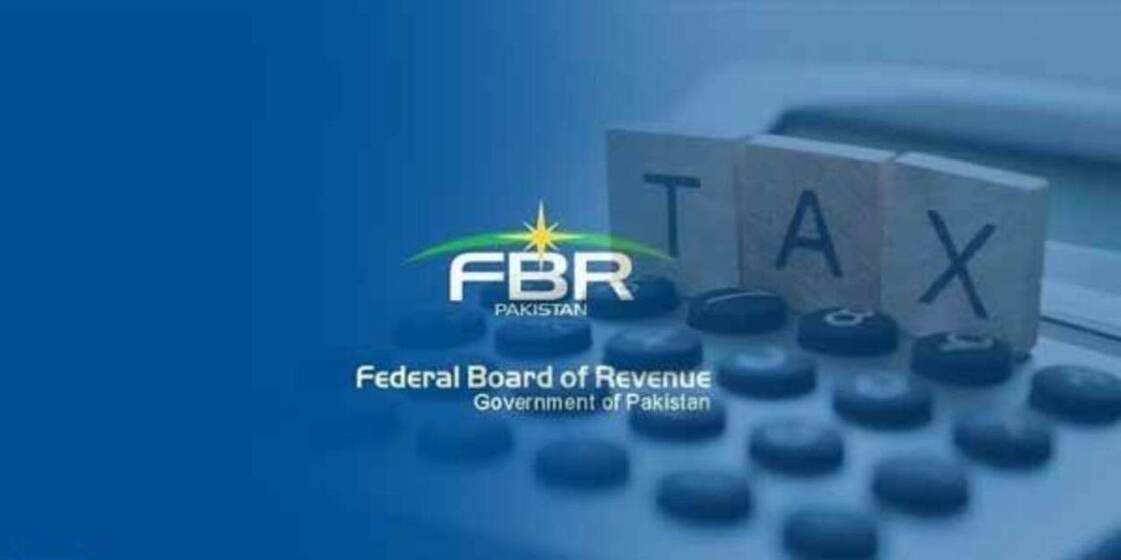Editorial
The Federal Board of Revenue (FBR) has launched an enforcement plan targeting unregistered wealthy individuals, including non-filers and nil filers, following Prime Minister Shehbaz Sharif’s directives. The field formations are tasked with issuing notices to high-net-worth individuals, using a dedicated FBR dashboard to track progress after conducting desk audits of transaction data. However, critics question the efficacy of this approach, suggesting that it may not address the deeper issues of corruption and inefficiency in the system.
The plan aims to audit 200,000 high-net-worth individuals, issuing notices to 5,000 non-filers with an estimated net worth of Rs 26 to 27 billion, projecting a tax recovery of Rs 7 billion. Yet, concerns abound regarding the ambitious targets and the limited scope of this measure, which may falter as the audit process becomes more complex and costly in later stages.
This initiative is reminiscent of global proposals, such as French economist Gabriel Zucman’s suggestion for a 2% wealth tax on the world’s richest individuals, which could generate substantial revenue. Brazil, during the G-20 meeting, echoed this proposal, emphasizing the need for global cooperation to ensure the ultra-wealthy are properly taxed. Similarly, Oxfam highlights the growing wealth inequality, noting that the wealthiest 1% in G-20 countries now own 31% of total wealth, a trend that may also be evident in Pakistan, where poverty levels have risen dramatically.
Pakistan’s elite, holding significant wealth in offshore accounts and foreign real estate, underscores the need for a more cooperative international tax framework. Without addressing the entrenched power of the elite, Pakistan risks further social unrest, exacerbating economic inequality and undermining national cohesion.














